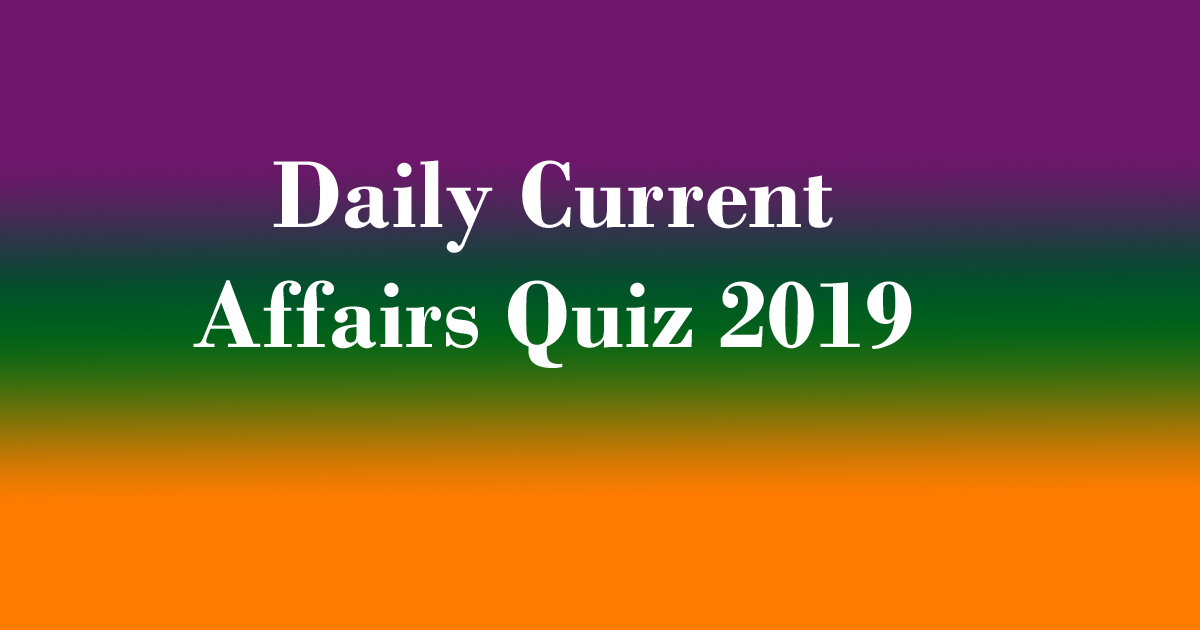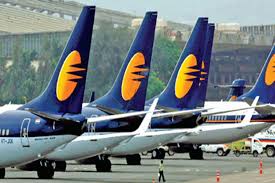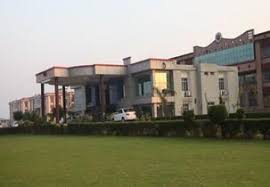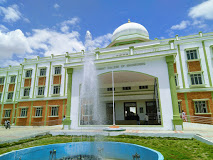
PM Narendra Modi announced the creation of the post of the Chief of Defence Staff, a four-star officer who will be the government’s single-point military advisor.
Daily Current Affairs Quiz 2019
“Our forces are India’s pride. To further sharpen coordination between the forces, I want to announce a major decision from the Red Fort: India will have a Chief of Defence Staff (CDS),” PM Modi said in his I-Day speech. “This is going to make the forces even more effective,” PM Modi said.
This is India’s most significant defence reform in 72 years. Terming it a historic decision, Lt General DB Shekatkar said that it was the most important recommendation made by a committee he headed in 2016.
“The government should also swiftly announce the formation of theatre commands at the earliest and place these under the CDS,” Shekatkar said.
The post of CDS was first recommended by a Group of Ministers (GoM) set up to examine the findings of the Kargil Review Committee (KRC) in 2000.
In May 2001, the GoM headed by former Minister of State for Defence Arun Singh recommended the appointment of CDS with ‘administrative control over India’s Strategic Forces Command, as the focal point for military advice to the Government’.
The recommendation was never implemented, though it was once again suggested by the Lt General Shekatkar Committee in 2016. A diluted version of CDS, the permanent Chairman Chiefs of Staff Committee, was earlier recommended by the Naresh Chandra Task Force on Defence Reform in 2012.
PM Modi did not lay down a timetable for the decision or even indicate when it would come into being. Given the speed at which the present government works, it is fair to assume it will be sooner than later.
Several factors which need to be assessed such as the tenure of CDS, who the single-point advisor will report to (to the Prime Minister or the Cabinet Committee on Security), where the post will be located (within the Prime Minister’s Office or in the defence ministry), the CDS’ mandate be and will he have powers to allocate budgets and resources or will he merely be a figurehead? It is not clear if the government has yet worked these prerequisites.
Who will be the CDS?
There is no clarity on this except that it will be a four-star officer, likely one of the present three chiefs. This is because the CDS will be a ‘first among equals’, a fourth four-star officer who will be senior to the three other service chiefs.
The timing of the PM’s announcement is significant because it comes in a year of rapid-fire changes in the top echelons of the Army and Air force.
Air Chief Marshal BS Dhanoa, currently seniormost of the three service chiefs and therefore the Chairman Chiefs of Staff Committee, retires on September 30 this year.
Army chief General Bipin Rawat will retire on December 30. The Army chief, by virtue of commanding the largest of the three services, will be the most obvious choice.
Service chiefs serve a fixed three-year tenure or until the age of 62, whichever is earlier. In the event the government appoints either the Air chief or the Army chief as CDS, it will also have to give either of them an extension to allow them to serve beyond the age of 62.
(ACM Dhanoa retires when he turns 62 next month, General Rawat in March 2020). Or, the government could simply wait until both retire and select a chief from the next batch of four-star officers. As it is with so much else in the present government, no one really knows.





